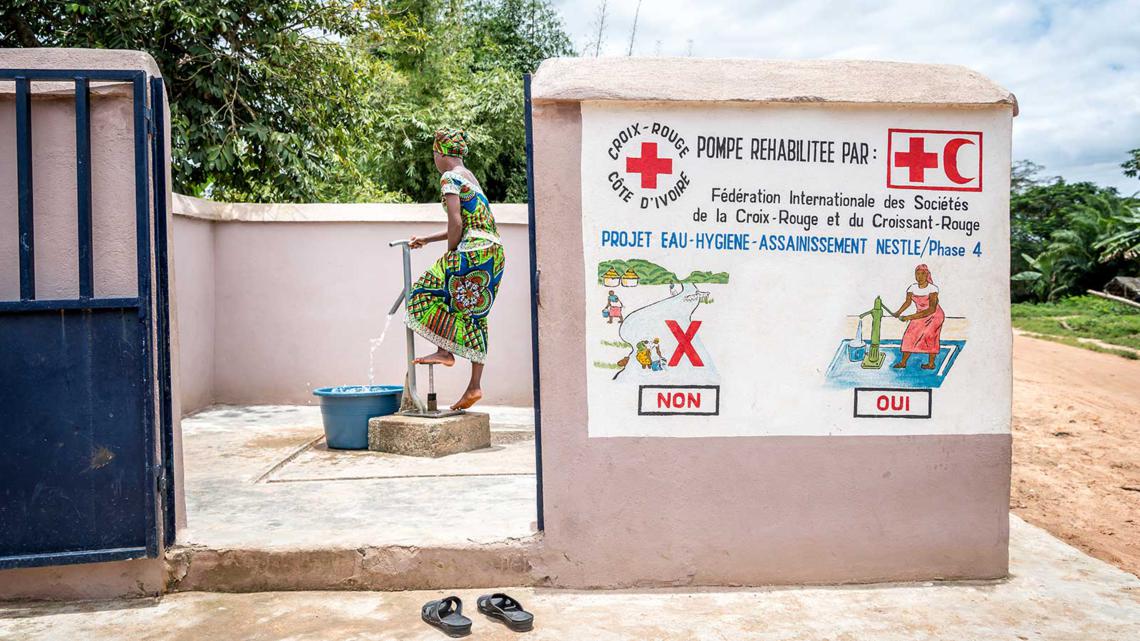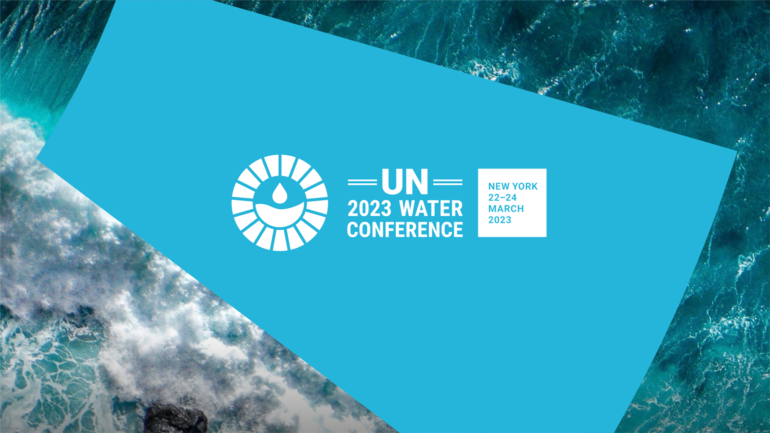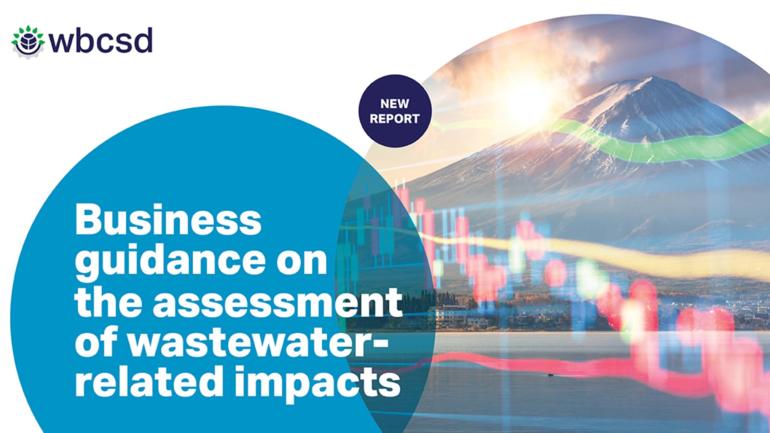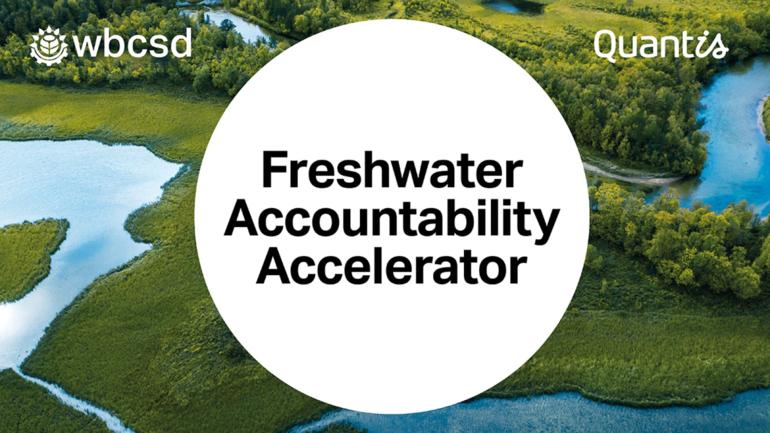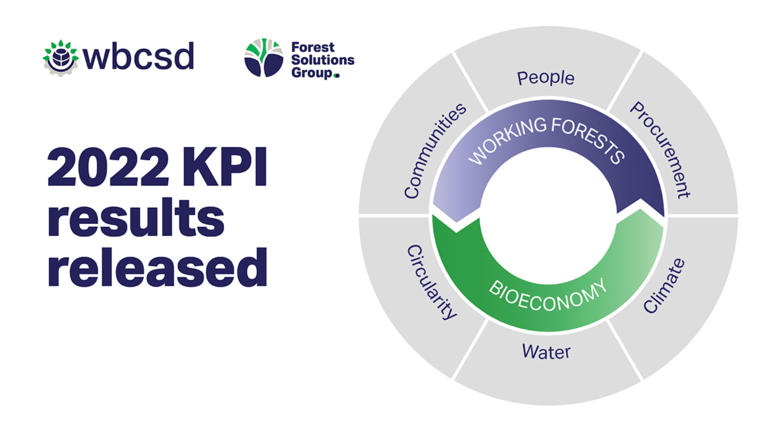21 August 2017, London/Geneva: Every year, US$4 billion in working days is lost because of poor sanitation. To date, 1.35 billion people work in small and medium-sized enterprises or on farms in developing countries, where basic services like water and sanitation are severely limited. This poses high risks for companies’ productivity.
According to the report, WASH is an immense untapped opportunity for business. By implementing WASH, companies can help increase productivity, cut costs, contribute to water stewardship and implement Sustainable Development Goal (SDG) 6.
Findings from the report indicate that:
- Companies need better guidance about what is considered good practice in areas from WASH provision in plantations to female menstrual hygiene requirements.
- There is a need for businesses to develop a more holistic approach integrating WASH into company water stewardship plans.
- Companies should include more WASH-specific elements within their codes of conduct for suppliers. A code of conduct that states “workers must have access to water and sanitation facilities” needs to be more specific to be effective.
- Integrating WASH into voluntary certification schemes holds potential: organizations such as Fair Trade and the Better Cotton Initiative (BCI) should incorporate WASH into their criteria, standards or certification frameworks.
- There is a clear need for companies to have reliable data on the benefits of providing access to clean water, sanitation and hygiene to employees. Strong evidence is needed to demonstrate benefits, including reduced absenteeism, higher productivity, as well as staff and supplier loyalty.
- Going forward, businesses should develop, test and publish good practices on how to handle WASH in supply chains, and encourage others to follow suit.
The report also highlights three case studies where companies are doing well in WASH across the supply chain:
- Nestlé’s actions on WASH in their cocoa supply chains in Ghana and Côte d’Ivoire show that generating feedback from local markets is critical for making the business case for WASH investments in supply chains.
- Diageo illustrates that WASH interventions should focus on relevant supply chain geographies with the potential to create sustainable impact for the business.
- As part of the Gap Inc. P.A.C.E. program, female garment workers are trained on issues such as safe water practices, hygiene and reproductive health. Evidence shows improved productivity, retention and fewer missed work days.
These findings are key for showing what needs to be done to drive progress on resilient supply chains with healthy, productive workers.
WBCSD, WaterAid and the CEO Water Mandate will continue to work with companies to address some of these action areas, and to elevate this topic to discussions on responsible supply chain management and water stewardship. Companies interested in getting started right away can sign WBCSD’s WASH Pledge – which encourages companies to address WASH in their own operations.
Learn more about this and other WBCSD water initiatives at World Water Week in Stockholm (27 August – 1 September).

